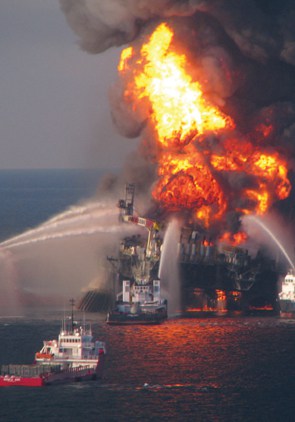An opinion piece was published in the New Zealand Herald on 12 January 2011 concerning quad bikes. There are several points raised by Donald Aubrey, vice-president of Federated Farmers and chairman of the Agricultural Health and Safety Council that can be disputed.
“In the hands of the untrained or the over-confident they can be deadly. And quad bike safety is far from being a problem exclusive to the agricultural sector.”
From the outset Aubrey’s position is clear, the problem with quad bike safet is not design-related, it is lack of training and over-confidence. Training for quad bike riding has existed for many years and injuries continue to occur. At what point should more effective controls be introduced? Continue reading “NZ Farmers rep enters quad bike safety debate”



 SafetyAtWorkBlog has been following the discussions about
SafetyAtWorkBlog has been following the discussions about